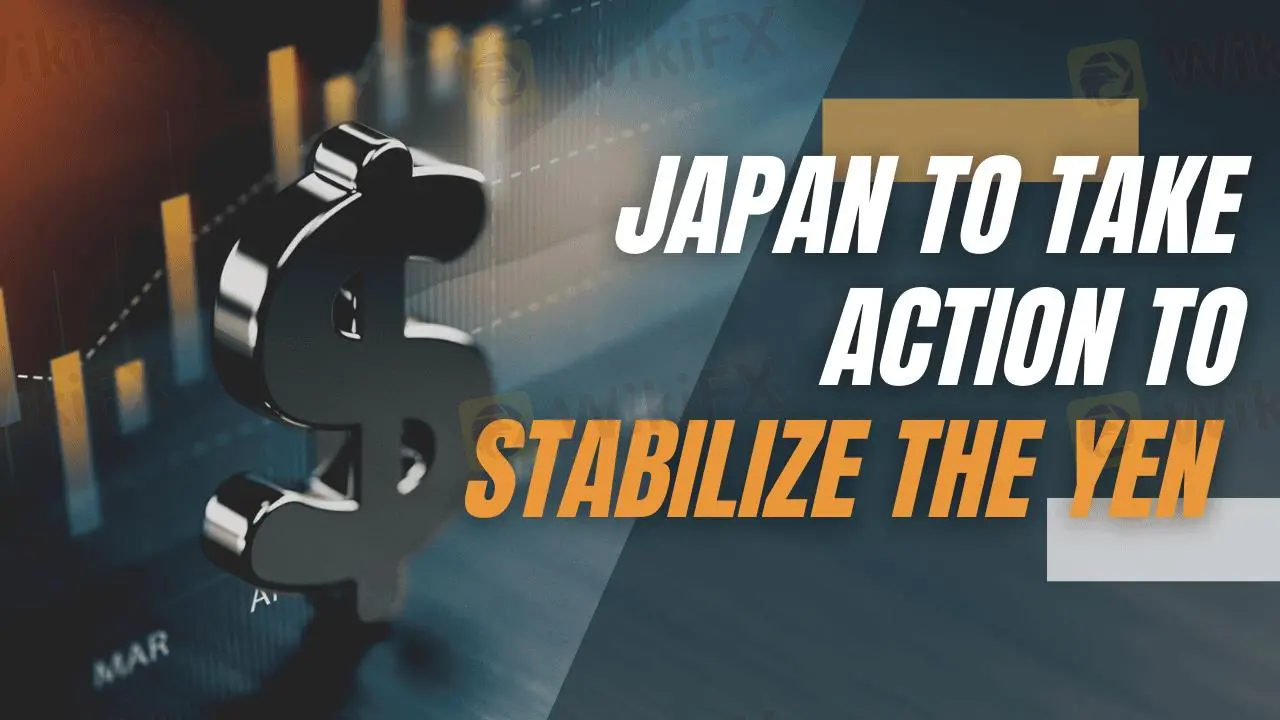Japan to Take Action to Stabilize the Yen
Abstract:Japan faces yen depreciation due to interest rate gaps; officials plan measures to stabilize forex market volatility.

Since early 2022, the Japanese yen has depreciated by over 20% against the US dollar, primarily due to the interest rate differential between Japan and the US. Despite multiple interventions by the Japanese government in September and October 2022, as well as in April and May 2024, the yen has continued to weaken. On July 3, 2024, the USD/JPY exchange rate hit a 38-year low, with 1 USD equaling 161.96 JPY.
The persistent easing of monetary policy by the Bank of Japan (BOJ), in contrast to rate hikes by major central banks such as the Federal Reserve and the European Central Bank, has widened the interest rate gap between Japan, the US, and Europe. This divergence has reduced the yen‘s appeal to investors, leading to sustained selling pressure in the forex market. For Japan’s energy-dependent economy, the yens depreciation is particularly concerning, as it further inflates the cost of importing oil, natural gas, and other raw materials, exacerbating economic pressures on households and businesses.

To address the yen‘s volatility, Japanese officials have hinted at potential measures to stabilize the exchange rate. In a routine press conference, when asked about the yen’s continued weakness, Japanese Finance Minister Shunichi Kato stated, “Our stance has not changed.”
Last Friday, Kato noted the recent one-sided and sharp movements in the foreign exchange (FX) market. He further emphasized that appropriate measures would be taken to prevent excessive forex volatility.
Read more

XTB Secures Chilean License, Expands Latin America Footprint
XTB gains a securities agent license in Chile, boosting its Latin America presence. The broker plans to offer stocks, ETFs, and derivatives to local investors.

eToro Adds ADX Stocks to Platform for Global Investors
eToro now offers stocks from the Abu Dhabi Securities Exchange, giving global investors access to leading UAE companies in sectors like energy, finance, and healthcare.

Trade War May Escalate, Gold Panic on the Rise
Trump comments on the Russia-Ukraine war, gold rises again to reach a new all-time high.

Rate Cut or Not? It Depends on Trump’s Policies
The Federal Reserve's latest meeting minutes suggest that the decision on whether to move forward with rate cuts depends on the availability of reliable inflation data and the subsequent policies of President Trump.
WikiFX Broker
Latest News
Pi Network Mainnet Launch: Game-Changer or Crypto Controversy?
GlobTFX Users Report Same Issue! But Why?
Rate Cut or Not? It Depends on Trump’s Policies
Why Do You Keep Blowing Accounts or Making Losses?
eToro Adds ADX Stocks to Platform for Global Investors
B2BROKER Launches PrimeXM XCore Support for Brokers
Germany's Election: Immigration, Economy & Political Tensions Take Centre Stage
WikiFX Review: Is IVY Markets Reliable?
WikiFX Community Creator Growth Camp
Effect of Tariffs on Gold and Oil Prices
Rate Calc

